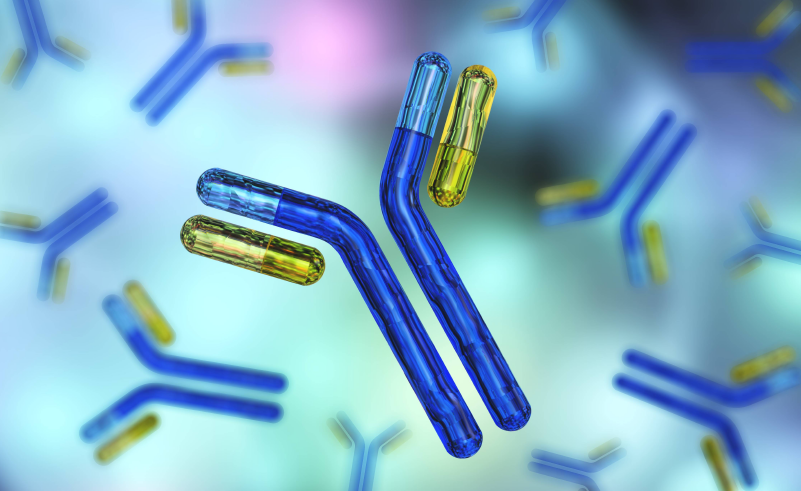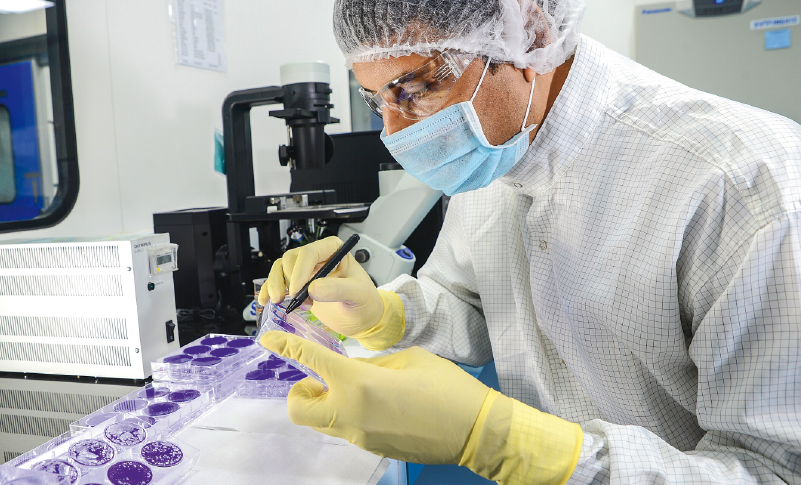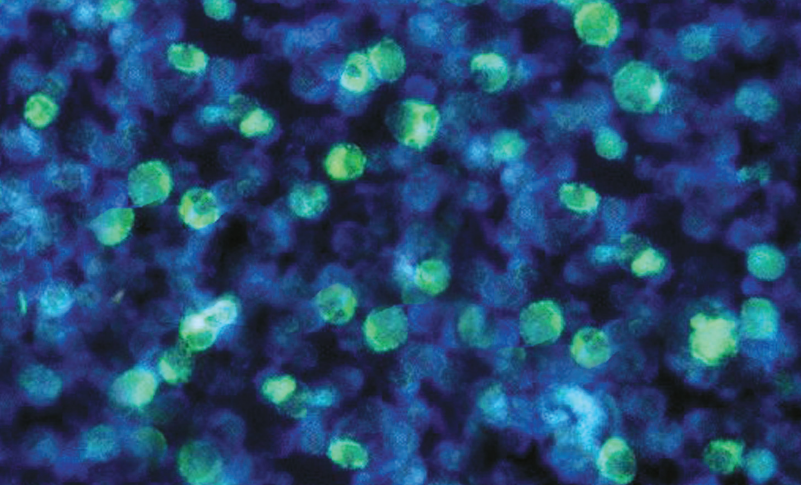Biologics are powerful medications that constitute tiny components like sugars, proteins, or DNA, or can be whole cells or tissues. Biologic medicines contain substances that are made by living cells or organisms. They are usually made of proteins that are naturally produced in the human body. When administered to a patient, either by injection or infusion, they function like the natural protein, resolving symptoms and preventing or slowing the progression of the disease.
Biologic medicines have been in use since 1796, when scientists created the first vaccine for smallpox. Over the years, they have evolved into powerful solutions that have revolutionised the treatments of many
serious and chronic illnesses such as rheumatoid arthritis, certain cancers, and diabetes, giving patients a new lease of life. Biologics present the potential for more targeted, more effective and more personalised medicines. They are changing the ways doctors treat common conditions that have plagued individuals for years.
While the potential for biologics is huge, it is still largely untapped in terms of therapeutic spread, medical efficacy, and population access.










